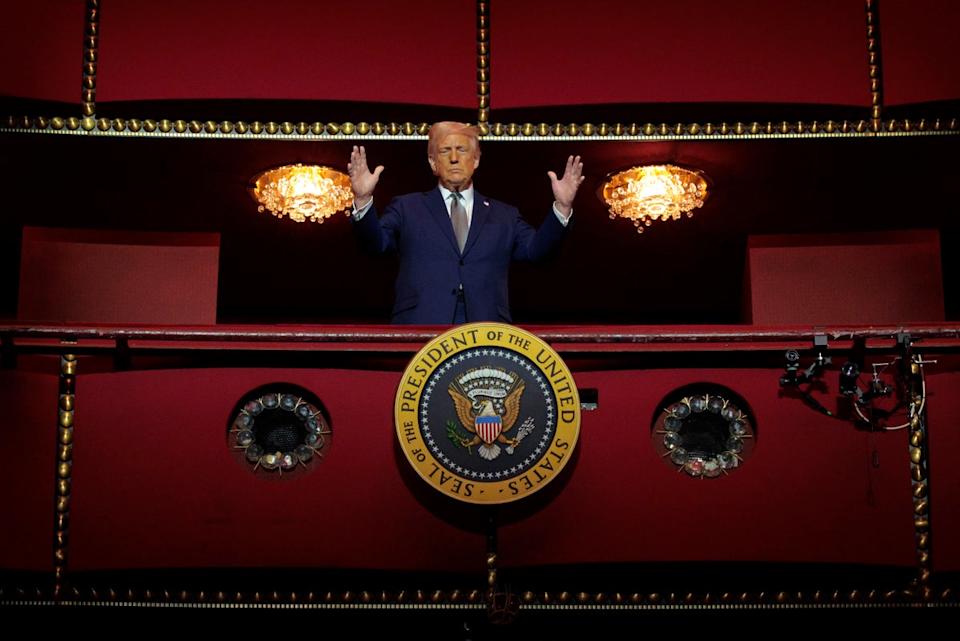Inside the Latest Kennedy Center Controversy: Trump, Politics, and the Future of the Arts
The Kennedy Center stands as a symbol of American art and culture in Washington, D.C. Recently, it has taken center stage in a heated political conversation. From shifts in leadership to disputes about programming, the Kennedy Center’s role in the nation’s cultural life is being re-examined, with President Trump’s involvement attracting considerable attention.

What Sparked the Kennedy Center Debate?
In early 2025, President Trump made headlines by installing himself as the chair of the Kennedy Center, breaking tradition by removing previous board members. This bold move has resulted in significant changes across the institution’s leadership and policies. According to a Yahoo News report, Trump expressed regret over tackling the role without prior experience, stating, “It’s the last time I’ll take a job without looking at it.”
The president also criticized the way money was spent on the Kennedy Center facilities, questioning the investments and promising renovations. He has openly declared an end to what he calls "woke" programming, targeting performances and events with progressive themes or diversity initiatives.
Trump’s Vision for the Kennedy Center
Trump’s approach at the Kennedy Center has stirred both support and protest. During a board dinner event, he explained his motivation by referencing his role in bringing the Olympics and World Cup to the United States. He joked, “I got them both, and I said, ‘Man, I won’t be president and they’re gonna forget that I got them, nobody’s gonna mention it.’” For more details on his comments and their political undertones, read coverage by The Independent.
Trump’s speech also revisited claims about the 2020 election and his reasons for seeking a second term. He invoked culture-war rhetoric, criticizing past performances he considered inappropriate, and announcing plans for reforms. This approach has faced pushback from both artists and advocacy groups, many of whom value the diversity and inclusivity that the Kennedy Center had promoted in recent years.
Reactions from the Arts Community
Changes at the Kennedy Center have not gone unnoticed by performers and arts advocates. Some cast members of major productions have threatened boycotts, highlighting the real impact of policy shifts on the country’s leading arts complex. Board appointments, including interim director Richard Grenell, Attorney General Pam Bondi, and White House chief of staff Susie Wiles, signal a new direction that prioritizes Trump’s cultural agenda.
For more insight into the dinner event and ensuing reactions, see this detailed New Republic analysis.
Looking Ahead: The Kennedy Center’s Role in American Culture
The Kennedy Center has always been more than a performance venue. It reflects shifting cultural priorities and is now at the crossroads of politics and art. As debates rage over its programming and leadership, Americans are watching to see how it evolves. Will the changes bring a new audience, or risk the support of artists and arts lovers who have long championed its mission?
The ongoing controversy at the Kennedy Center poses important questions about the relationship between politics and national cultural institutions. While the long-term outcome remains uncertain, one thing is clear: the Kennedy Center will continue to shape—and be shaped by—the debates at the heart of American society.
Explore More:
- Read about Trump’s leadership shift at the Kennedy Center here.
- See further political analysis from The New Republic.
- Dive into event details at The Independent.
Share your perspective: What do you think about the recent changes at the Kennedy Center and the evolving role of politics in the arts? Let us know in the comments below.